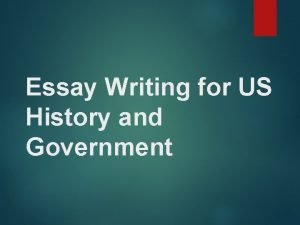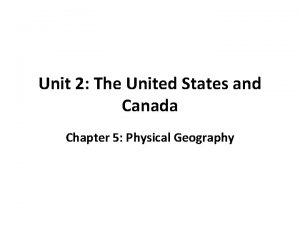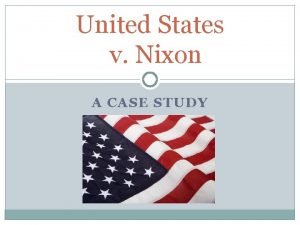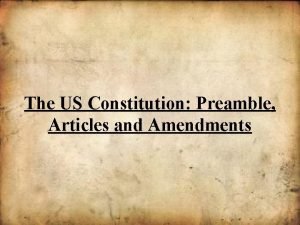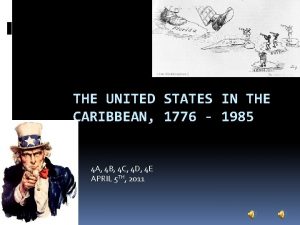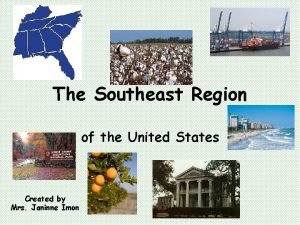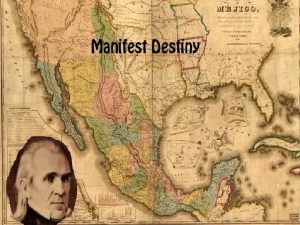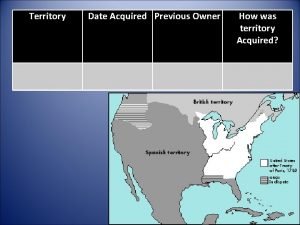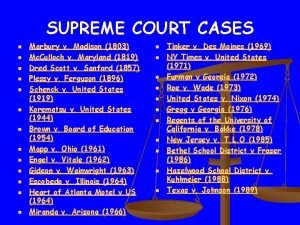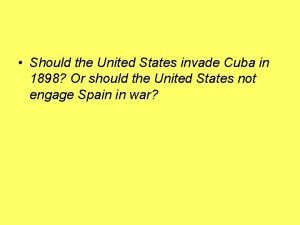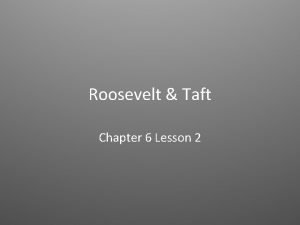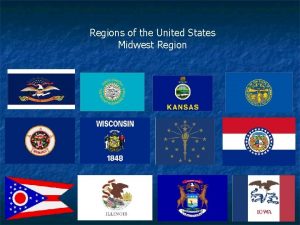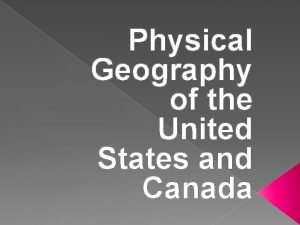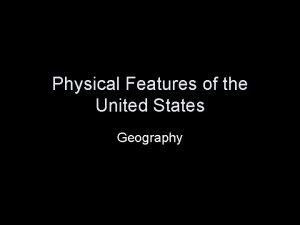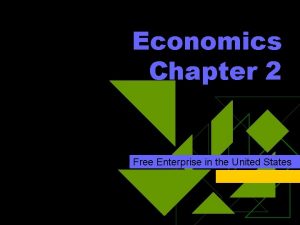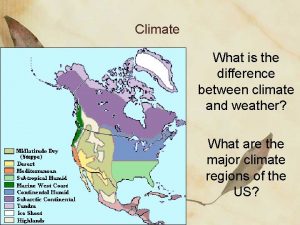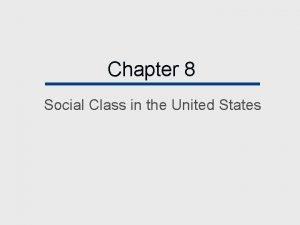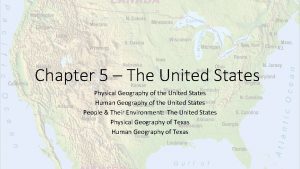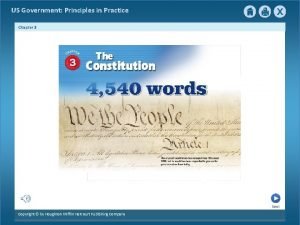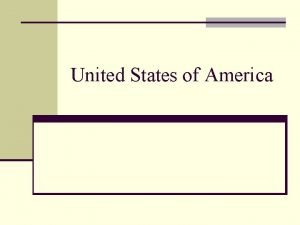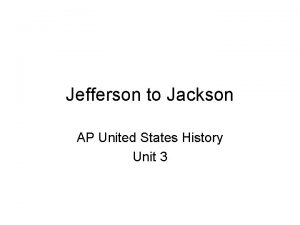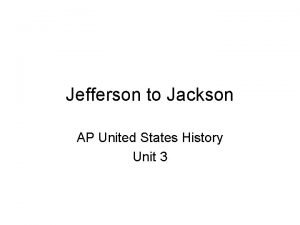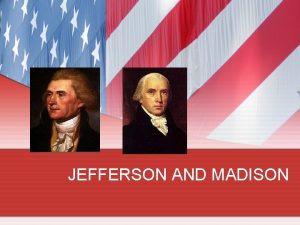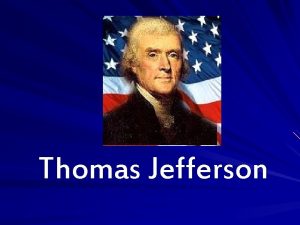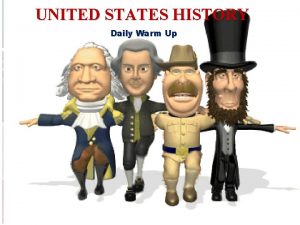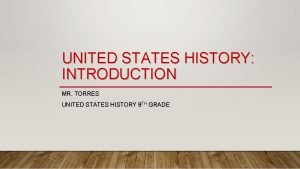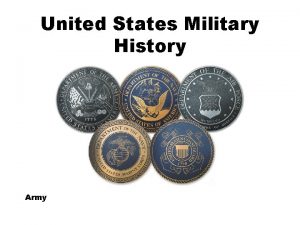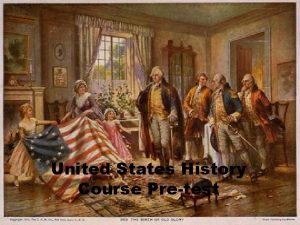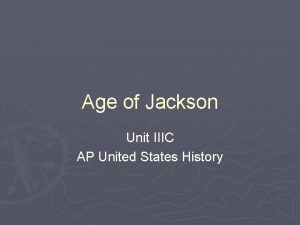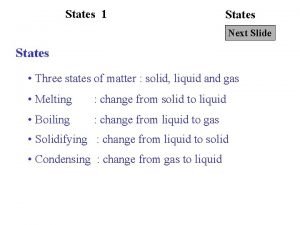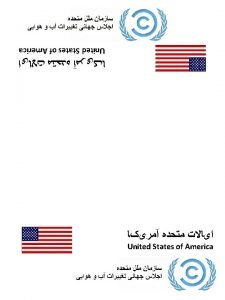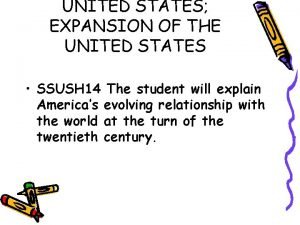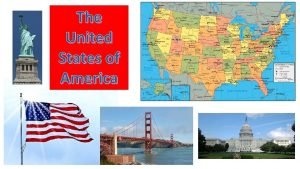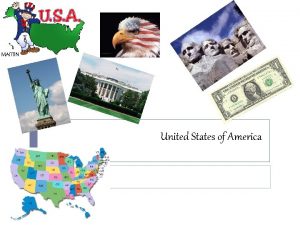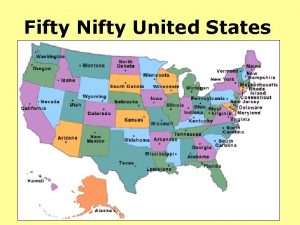Jefferson to Jackson AP United States History Unit



































- Slides: 35

Jefferson to Jackson AP United States History Unit 3

“Revolution of 1800” Why did Jefferson believe his party’s victories in 1800 constituted a “revolution? ”

Unit 3: Essay 3 To what extent was the election of 1800 aptly named the "Revolution of 1800? " Respond with reference to each of the following areas: economics, foreign policy, the judiciary, politics.

Election of 1800

Election of 1800 Thos. Jefferson (Rep) 73 EV Aaron Burr (Rep) 73 EV John Adams (Fed) 65 EV Chas. Pinckney (Fed) 64 EV John Jay (Fed) 1 EV

Jefferson’s Inaugural Address During the contest of opinion through which we have passed the animation of discussions and of exertions has sometimes worn an aspect which might impose on strangers unused to think freely and to speak and to write what they think; but this being now decided by the voice of the nation, announced according to the rules of the Constitution, all will, of course, arrange themselves under the will of the law, and unite in common efforts for the common good. All, too, will bear in mind this sacred principle, that though the will of the majority is in all cases to prevail, that will to be rightful must be reasonable; that the minority possess their equal rights, which equal law must protect, and to violate would be oppression. Let us, then, fellow-citizens, unite with one heart and one mind. Let us restore to social intercourse that harmony and affection without which liberty and even life itself are but dreary things…. But every difference of opinion is not a difference of principle. We have called by different names brethren of the same principle. We are all Republicans, we are all Federalists.

“Revolution of 1800” In what ways did Jefferson uphold Republican principles? In what ways did Jefferson betray Republican principles?

Louisiana Purchase (1803)

Lewis & Clark Expedition (1804 -06)

Lewis and Clark

John Marshall Chief Justice 1801 -1835

Aaron Burr

Burr-Hamilton Duel (1804)

Jefferson’s Foreign Policy Compare American foreign policy under Jefferson to that of the Federalist Era (Washington and Adams).

Tripolitan War (1801 -1805) Stephen Decatur

Chesapeake-Leopard Affair (1807)

Embargo Act (1807)

Jefferson’s Foreign Policy Was the Embargo consistent with Jeffersonian (Republican) principles or did it betray them?

War Hawks: Clay & Calhoun

Tecumseh’s War

Madison's War Message (1812) British cruisers have been in the continued practice of violating the American flag on the great highway of nations, and of seizing and carrying off persons sailing under it, not in the exercise of a belligerent right founded on the law of nations against an enemy, but of a municipal prerogative over British subjects. . Under pretended blockades, without the presence of an adequate force and sometimes without the practicability of applying one, our commerce has been plundered in every sea, the great staples of our country have been cut off from their legitimate markets, and a destructive blow aimed at our agricultural and maritime interests. . In reviewing the conduct of Great Britain toward the United States our attention is necessarily drawn to the warfare just renewed by the savages on one of our extensive frontiers--a warfare which is known to spare neither age nor sex and to be distinguished by features peculiarly shocking to humanity.

Madison’s War Message (1812) • For what reasons did Madison feel it was necessary for Congress to declare war on Great Britain? • How would you expect Americans from each region (New England, the South, the West) to react to Madison’s call for war?

Impressments

Congressional Vote (1812) House of Representatives For war: 79 votes Against war: 49 votes Senate For war: 19 votes Against war: 13 votes Supporters of war South West (KY, TN, OH) Pennsylvania Republicans Opponents of war New England New York Federalists

Congressional Vote (1812) • What congressional majority does the Constitution require for a declaration of war – simple, 2/3, 3/4? • What do the relatively close votes in both houses suggest about the decision to go to war with Britain in 1812? • Based on your knowledge of the causes of the war, explain why these particular groups supported/opposed the war.

Battle of Lake Erie (1813)

Burning of Washington, DC (1814)

The “Star-Spangled Banner”

Battle of Fort Mc. Henry (1814)

Hartford Convention (1814)

Hartford Convention (1814) First. Representatives and direct taxes shall be apportioned among the several states which may be included within this union, according to their respective numbers of free persons. . Second. No new state shall be admitted into the Union. . . without the concurrence of two thirds of both houses.

Hartford Convention (1814) Third. Congress shall not have power to lay any embargo on the ships or vessels of the citizens of the United States. . . for more than sixty days. Fifth. Congress shall not make or declare war. . . without concurrence of two thirds of both houses. . Seventh. The same person shall not be elected president of the United States a second time; nor shall the president be elected form the same state two terms in succession.

Young Jackson and the British

Battle of New Orleans (1815)

Unit 3 – Essay 8 To what extent did the War of 1812 constitute a "second American revolution? " In your answer be sure to address each of the following: foreign relations and economic development.
 Us history regents essay
Us history regents essay Unit 2: the united states and canada worksheet answers
Unit 2: the united states and canada worksheet answers Unit 2 the united states and canada worksheet answers
Unit 2 the united states and canada worksheet answers Was the united states on the axis powers or allied powers?
Was the united states on the axis powers or allied powers? 36 30 line
36 30 line Pro soccer us
Pro soccer us Marshall case
Marshall case United states student association
United states student association The united states ought to provide a universal basic income
The united states ought to provide a universal basic income Preamble to the united states constitution
Preamble to the united states constitution The united states in the caribbean 1776 to 1985
The united states in the caribbean 1776 to 1985 Southeast region physical features
Southeast region physical features Expansion of the united states of america 1607 to 1853 map
Expansion of the united states of america 1607 to 1853 map Why did truman believe greece needed aid
Why did truman believe greece needed aid Spanish cession previous owner
Spanish cession previous owner When was awake united states written
When was awake united states written Mapp v ohio
Mapp v ohio Why did the united states invade cuba in 1898?
Why did the united states invade cuba in 1898? Guided reading activity lesson 2 roosevelt and taft
Guided reading activity lesson 2 roosevelt and taft Midwest region of the united states
Midwest region of the united states 7 regions of the united states
7 regions of the united states The united states is the greatest buyer positive degree
The united states is the greatest buyer positive degree United states and canada physical map
United states and canada physical map United states physical geography
United states physical geography World map with longitude and latitude lines
World map with longitude and latitude lines 50 nifty united states
50 nifty united states Chapter 2 free enterprise in the united states
Chapter 2 free enterprise in the united states Perceptual regions of the united states
Perceptual regions of the united states What is the origin of clowns
What is the origin of clowns Subtropical united states
Subtropical united states What are the social classes in the united states
What are the social classes in the united states Physical geography of the united states
Physical geography of the united states Ibn-tamas v. united states
Ibn-tamas v. united states Themes in mr pirzada came to dine
Themes in mr pirzada came to dine United states government: principles in practice
United states government: principles in practice Geographical position usa
Geographical position usa
